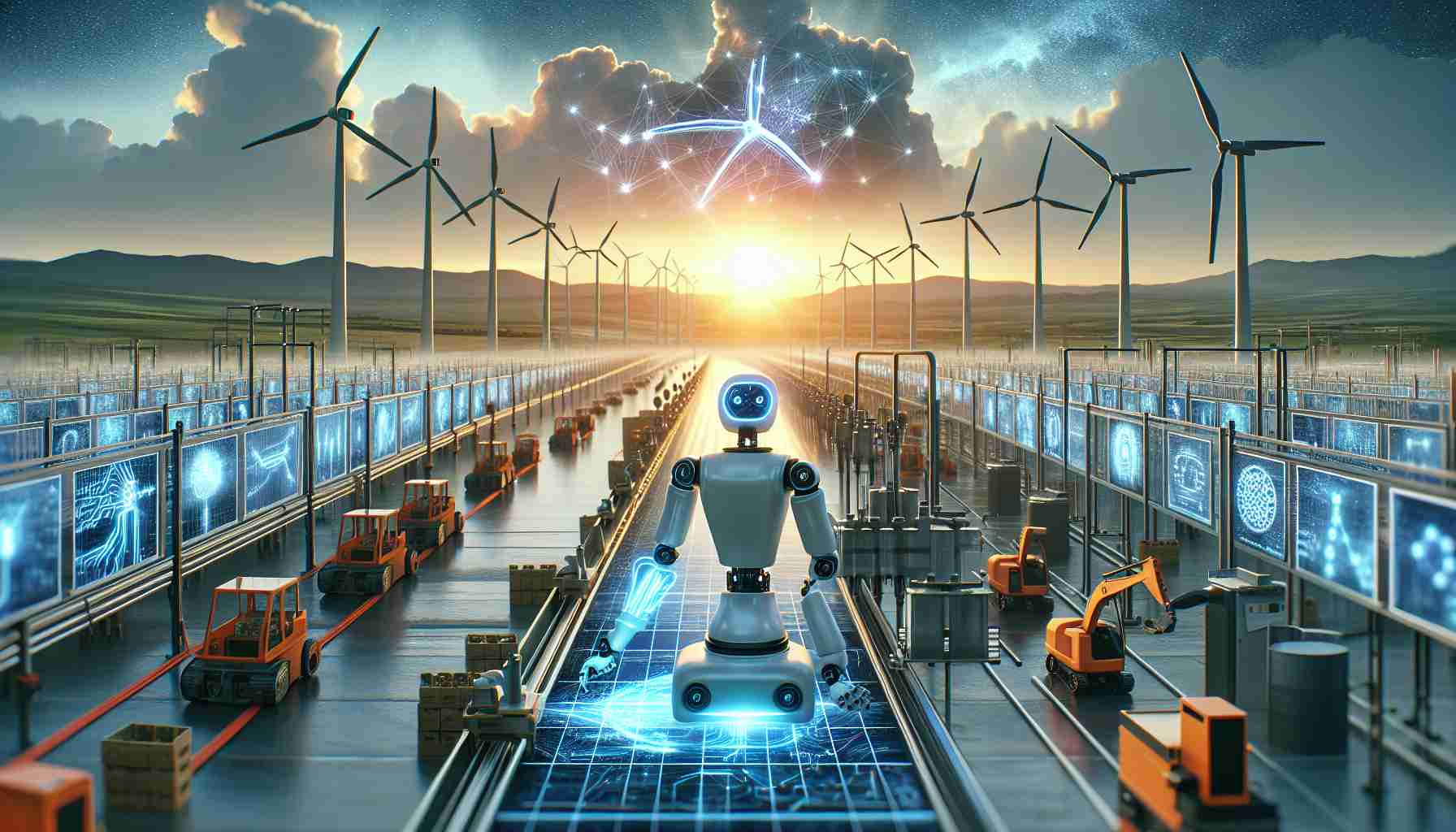In the era of technological evolution, Artificial Intelligence (AI) stands out as a key enabler for the transformation of productive assets across various sectors. The industrial landscape is particularly poised for a revolution, as AI introduces an era of self-regulation within factory settings. Machines and systems equipped with AI will not only streamline the manufacturing processes but also enhance their efficiency and agility.
Medical services will be upgraded, with intelligent algorithms providing medical professionals with greater insights for diagnoses and treatments. Similarly, in smart cities, AI will allow urban infrastructures to optimize energy consumption and waste management, resulting in more harmonious living environments.
The agricultural field will witness a significant leap forward as AI-driven technologies enable farmers to monitor and adjust to the various cycles of crop production meticulously. The result is a cultivation process that’s more in tune with the environment, minimizing detrimental effects and maximizing yields.
The core fact remains that across industries, health care, urban living, and agriculture, AI’s adoption will not only lead to a remarkable improvement in productivity but also to a drastic decrease in socio-environmental impacts. By harnessing the power of AI, we are stepping into a future where technology and sustainability go hand in hand, creating a world that is more efficient and eco-friendly.
Importance of AI in Enhancing Sustainability: Artificial Intelligence plays a crucial role in promoting sustainability. Through predictive analytics and smart automation, AI systems can help reduce waste and optimize resource consumption. In manufacturing, for instance, AI can predict machine failures before they occur, thus preventing downtime and material waste. In agriculture, AI-driven precision farming techniques can optimize the use of water and fertilizers, reducing environmental impact.
Challenges and Controversies Associated with AI: The rise of AI brings several challenges and controversies:
– Job Displacement: Automation could lead to significant job displacement in various industries as machines take over tasks traditionally performed by humans.
– Data Privacy: AI systems often require large datasets, which may include personal information, raising privacy concerns.
– Algorithmic Bias: Biases in AI algorithms could lead to unfair practices or discriminatory outcomes, particularly in sensitive areas like hiring or law enforcement.
– Control and Accountability: As AI systems become more autonomous, determining control and accountability for decisions made by AI becomes challenging.
Advantages of AI in Production:
– Efficiency: AI can optimize production processes, reducing time and resources required.
– Precision: AI’s data-driven approach leads to more accurate forecasting and decision-making.
– Adaptability: AI systems can quickly adapt to changing conditions and new information.
Disadvantages of AI in Production:
– Initial Costs: Implementing AI technology can be expensive and may require significant upfront investment.
– Complexity: AI systems can be complex to set up and require specialized expertise to maintain and interpret.
– Dependency: Over-reliance on AI might reduce human expertise and lead to vulnerabilities in case of AI failure or malfunctions.
For further information on Artificial Intelligence and its impact on various sectors, consider visiting the following links:
– IBM: IBM is a leader in AI technology, offering a range of services and insights.
– MIT Technology Review: Provides in-depth articles and reports on technology trends, including AI.
– Nature: An international journal that publishes high-impact research, including advancements in AI and sustainability.
By integrating AI in sustainable production efforts, industries aim to create a balance between economic growth and environmental preservation. However, stakeholders must be considerate of the associated challenges and ensure responsible implementation of AI to fully realize its benefits.

